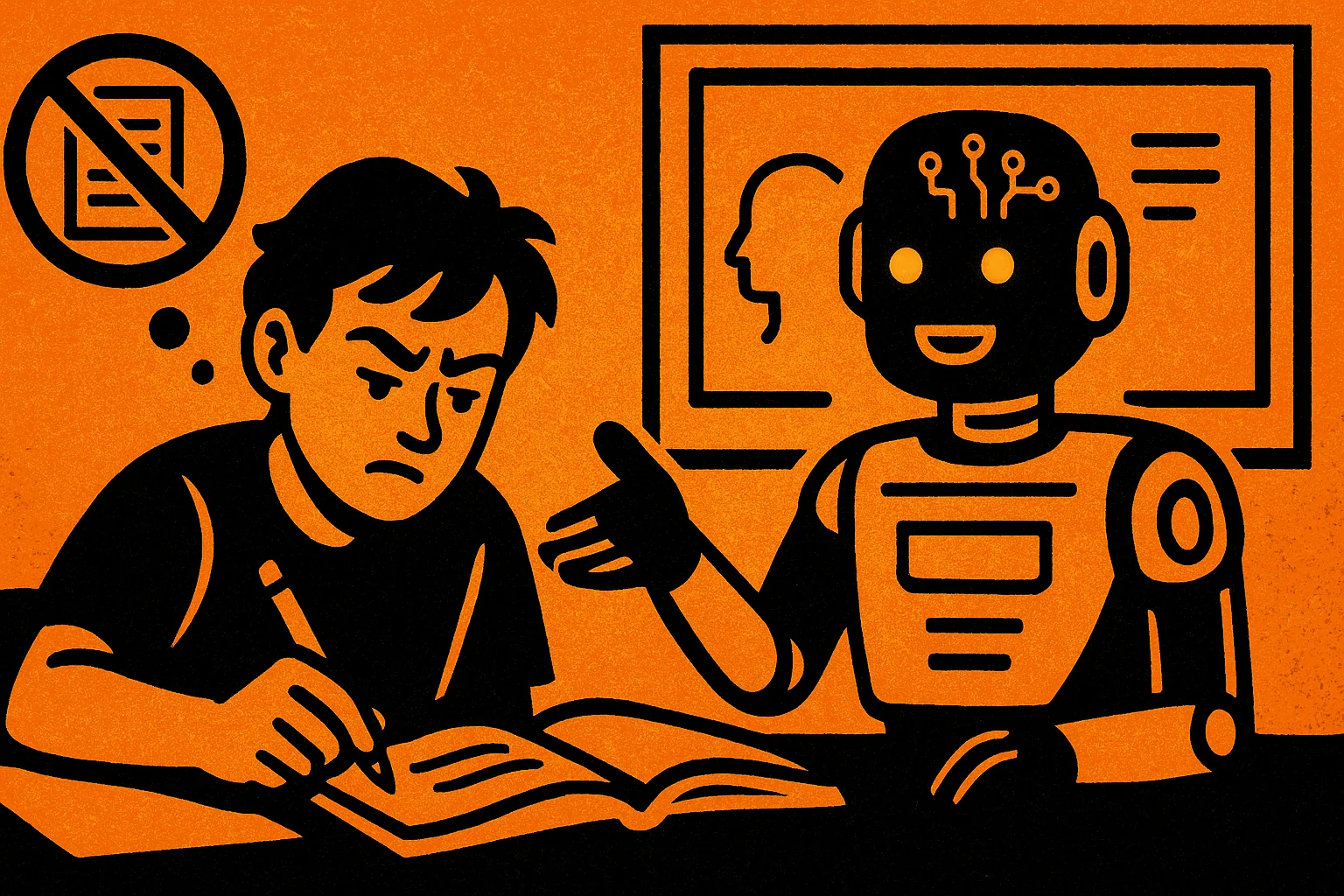In just a few months, ChatGPT went from a technology platform to the center of a global controversy. Schools and universities feared it as a "cheating tool" that threatened integrity. But the experience in New York, where the ban was imposed and then lifted four months later, showed that a ban is not the answer, and that the technology has become a reality that cannot be ignored.
Educational institutions are beginning to reframe their stance. They have found that students who used a virtual tutor learned faster: In an experiment conducted by Harvard University, participants in the group that used AI demonstrated twice as much deep understanding, and 83 percent of students reported that the quality of the explanation was equal to or higher than human explanation. These numbers are pushing towards a "Personal Tutor 2.0" model for every student, available around the clock.
But AI still raises fundamental questions; how do we differentiate between using it to learn... and using it to cheat? Traditional cheating detection tools have proven to be weak, and legal cover is still lagging behind. The result is that students suffer from ambiguity, not only in what is considered acceptable, but in what is actually learning.
The study focuses on distinguishing between two types of use:
Executive use (superficial): copying and pasting ready-made solutions - leading to a decline in performance.
Interactive use (deep): dialog, questions, simplifying issues, and receiving multi-model explanations - leading to significantly improved performance.
The data showed that using AI regularly for 4 to 8 weeks resulted in a significant increase in student understanding, especially for weaker groups.
Despite this progress, the role of the human teacher remains pivotal. They guide, value, and install AI tools in the curriculum, and ensure that it is used as a "learning partner" rather than a complete replacement. The overall findings suggest that the ideal equation today is:
Teacher + AI = deeper, faster... and fairer learning.
But the study warns of a "digital divide" that could deepen educational disparities: a third of Arab students, for example, do not have basic digital skills, fast internet access, or modern devices, which could leave them behind while others focus on the inventions of the future.
The study emphasizes that education is at a real crossroads: not just a smart gadget issue, but a societal issue, an equity issue. AI could be the greatest education tool the world has ever known...or the greatest threat to its integrity.
The question now becomes: How do we teach and use AI, rather than trying to prevent it?
To view the video and read the full analytical paper, please scroll down.
Artificial Intelligence and Education: From cheating tool to co-teacher
Education is no longer a contradiction between man and machine... it has become a partnership to create stronger minds.

Comments